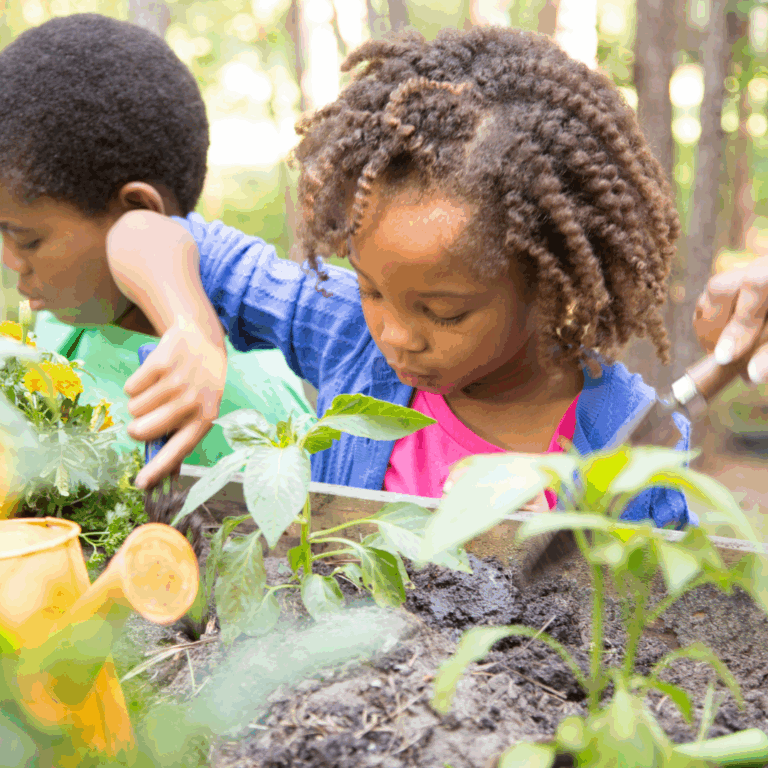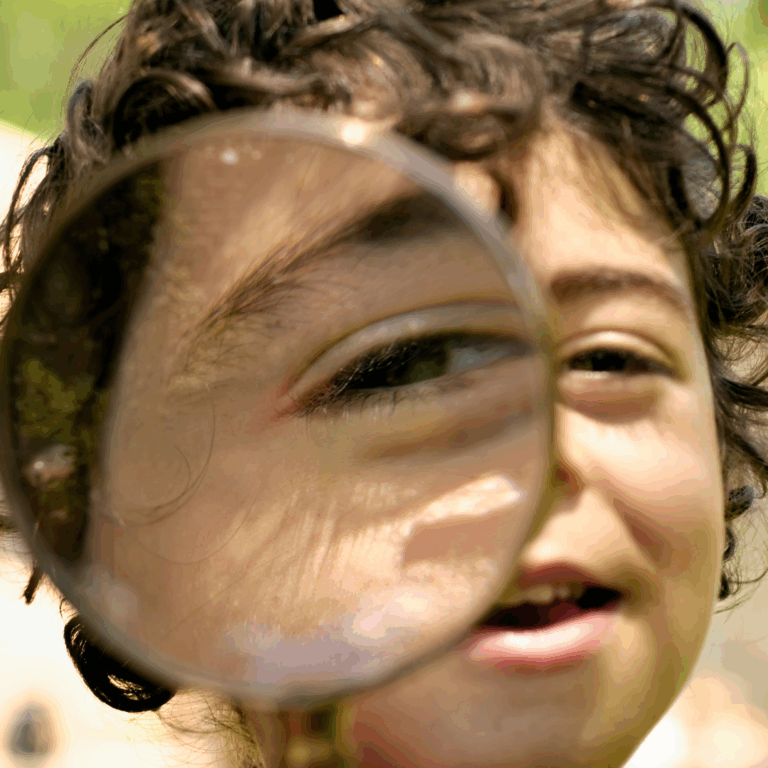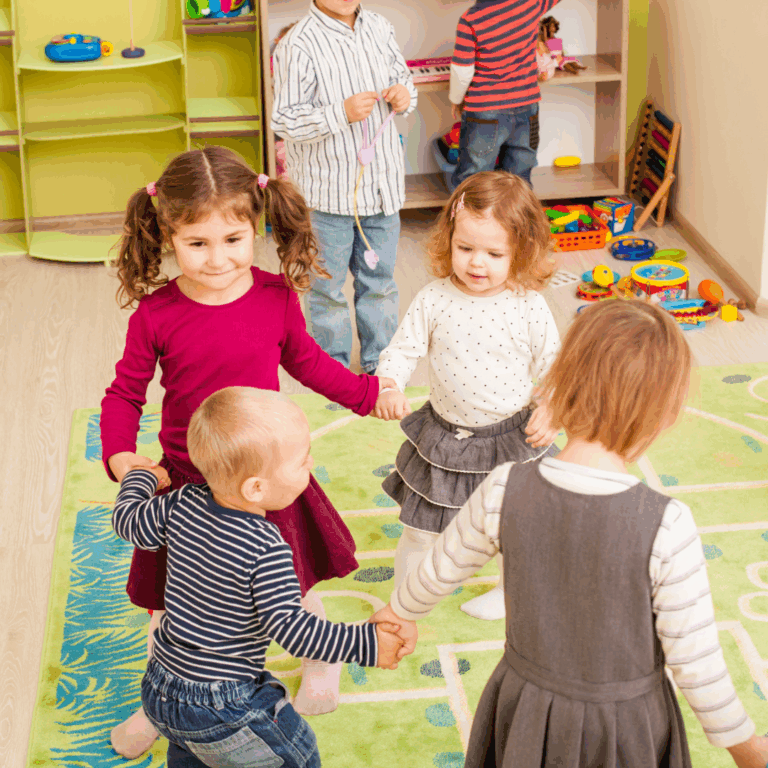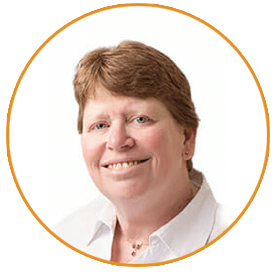Working hours
Mon - Fri: 8am to 5pm
Mon - Fri: 8am to 5pm
Share

This week, the Education Secretary has once again placed “school readiness” at the forefront of the early years conversation.
The rhetoric is familiar, concerns about children unable to sit still, follow instructions, or manage basic self-care.
But beneath these headlines lies a deeper issue, one where young children, particularly those with special educational needs and disabilities (SEND), English as an additional language (EAL), or from vulnerable families, are being misunderstood and underserved.

There is a growing narrative suggesting that the Early Years sector is falling short in preparing children for school. Yet, every day, practitioners across the UK are supporting children’s communication, self-regulation, independence, and wellbeing with dedication and expertise.
True Early Years practice is rooted in meeting children where they are, not where a checklist says they should be.
The focus on whether a child can use cutlery or is toilet trained misses the point.
These milestones are achieved in partnership with families, through gentle guidance and support.
The real concern is the assumption that Early Years is merely a prelude to ‘real’ learning, and that a child’s readiness can be measured by how well they fit into a school-like mould.

In Early Years settings, we do not demand stillness or blind compliance.
Instead, we champion exploration, movement, and learning through play. Emotional literacy is nurtured, and independence is scaffolded never forced, at a pace that respects each child’s unique development.
This approach is far from “soft.” It is the bedrock of lifelong learning. Yet, government messaging often overlooks this, reducing complex development to a series of performance metrics and checklists, rather than valuing connection, curiosity, and growth.

When headlines focus on children who “aren’t toilet trained” or “don’t follow instructions,” we should ask, who benefits from this narrative?
For many children, especially those with SEND, EAL, or challenging life experiences, such framing is not just unhelpful, it is harmful.
It potentially labels children as failures before they have even begun their educational journey and signals to families and practitioners that readiness is a tick-box exercise, rather than a holistic, developmental process.
It certainly feels like this is no longer just a debate about school readiness. It is about how our sector is being represented, and whether the government truly values the complexity, care, and competence that define quality Early Years practice.

Across the globe, there are powerful examples of alternative approaches.
In Finland, Sweden, and Estonia, for instance, formal schooling begins at six or seven.
These countries rank among the highest in the world for early years outcomes, both academically and in terms of wellbeing and inclusion.
Their secret is not early academic pressure, but policies that prioritise play, emotional health, and developmentally appropriate practice.
These systems share our understanding: children are born curious, capable, and eager to learn, not born ready to sit still and follow adult-led routines.
When education trusts in child development and supports children at their own pace, everyone benefits. Yet, the UK continues to push for earlier academic benchmarks, often at the expense of the rich, holistic foundations that truly prepare children for life, not just for school.

It is certainly not the children who need to change, it is the narrative.
Our young learners do not need to be more ‘school ready.’ They need nurturing, responsive adults who understand development, who meet them where they are, and who celebrate progress in all its forms, not just those that fit neatly into a government checklist.
As Early Years professionals, we know what readiness truly looks like.
Emotional security, curiosity, communication, and confidence. That is, and will remain, our focus, every single day.
With the ever-changing regulations and guidance, sign up to our monthly newsletter and mailings to stay current and keep up to date with running your childcare setting.
Simply enter your details below to join our mailing list.
By completing this form you are agreeing to our privacy policy You can unsubscribe at any time
